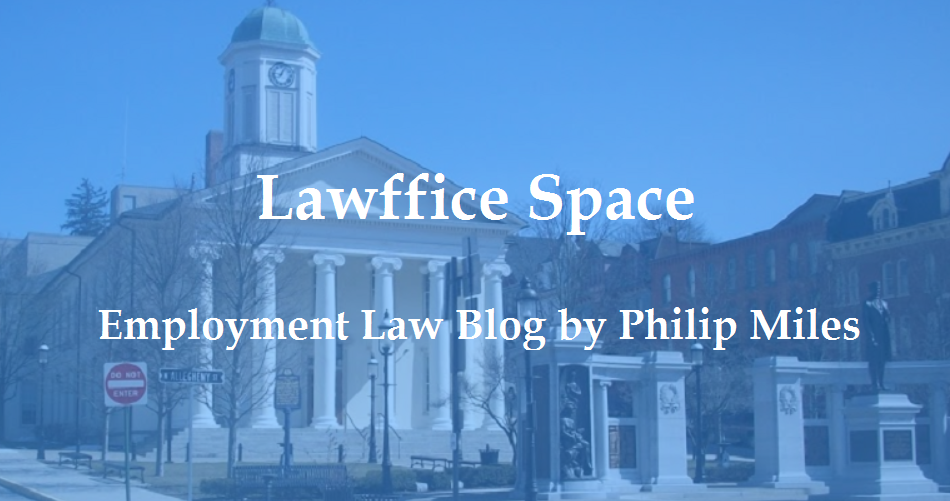The Court will determine whether a federal court may hear a class action brought by a handful of plaintiffs on behalf of potentially all women employed by Wal-Mart after December 26, 1998... some estimates have this number hovering around 1.5 million. Contrary to some reporting, the issue is not whether Wal-Mart is too big to sue. The issue is complex, but much better described as whether the female employees' claims have enough in common to justify hearing them as one lawsuit.
The Justices focused a lot of attention on trying to find something that could tie the employees together. Specifically, they sought a company-wide policy or practice that could possibly cause discrimination across all of Wal-Mart's stores across the country. I don't think the Justices ever found the answer they were looking for.
The Plaintiffs' attorney tried to argue the policy or practice was that: "Wal-Mart provided to its managers unchecked discretion" in making pay decisions, but also had a "very strong corporate culture that ensures . . . the Wal-Mart way." Justice Scalia was perplexed and "whipsawed" (his word):
On the one hand, you say the problem is that they were utterly subjective, and on the other hand you say there is a -- a strong corporate culture that guides all of this. Well, which is it? It's either the individual supervisors are left on their own, or else there is a strong corporate culture that tells them what to do.No satisfactory explanation emerged with Scalia summing up, "If somebody tells you how to exercise discretion, you don't have discretion."
So, how will it come out? Justice Kennedy seemed to hint that he would apply the Monell standard in determining whether the class could be company-wide. Monell is a Supreme Court case (and now standard) holding that a municipality is not liable for its employees' violations of the Constitution unless the infraction was the result of some official policy or custom. I predict the Supreme Court will apply a similar standard and hold that Wal-Mart had no such company-wide policy or custom and the class will fail.
We shall see though...
Posted by Philip Miles, an attorney with McQuaide Blasko in State College, Pennsylvania in the firm's civil litigation and labor and employment law practice groups.


No comments:
Post a Comment